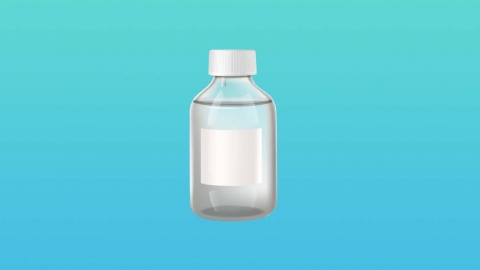Can saline solution reduce inflammation and swelling?
In general, saline solution can provide some auxiliary relief for mild local inflammation and swelling, but it cannot completely eliminate inflammation or reduce swelling. Its effectiveness is limited in cases of severe inflammation or swelling. The details are as follows:

For mild superficial skin inflammations—such as redness and swelling after minor abrasions or mild gum inflammation in the mouth—using a saline rinse or wash can help reduce bacterial growth, remove surface secretions, alleviate irritation, and thereby assist in relieving discomfort associated with redness and swelling. For example, during the early stages of oral ulcers, rinsing with saline can clean the wound, ease slight swelling, and create a better environment for healing.
However, saline does not have a direct effect in killing pathogenic bacteria or suppressing inflammatory responses. In more serious cases of inflammation—such as purulent skin infections, deep tissue inflammation—or when swelling is caused by allergies or severe trauma—saline alone cannot resolve the issue. Improper concentration may even irritate the skin and delay recovery.
When using saline, attention should be paid to its concentration. It is generally recommended to mix 0.9 grams of salt into 100 milliliters of warm water, avoiding solutions that are too concentrated or too diluted. Moreover, saline should only be used as an adjunctive measure. If symptoms persist or worsen, targeted medical treatments are necessary.











